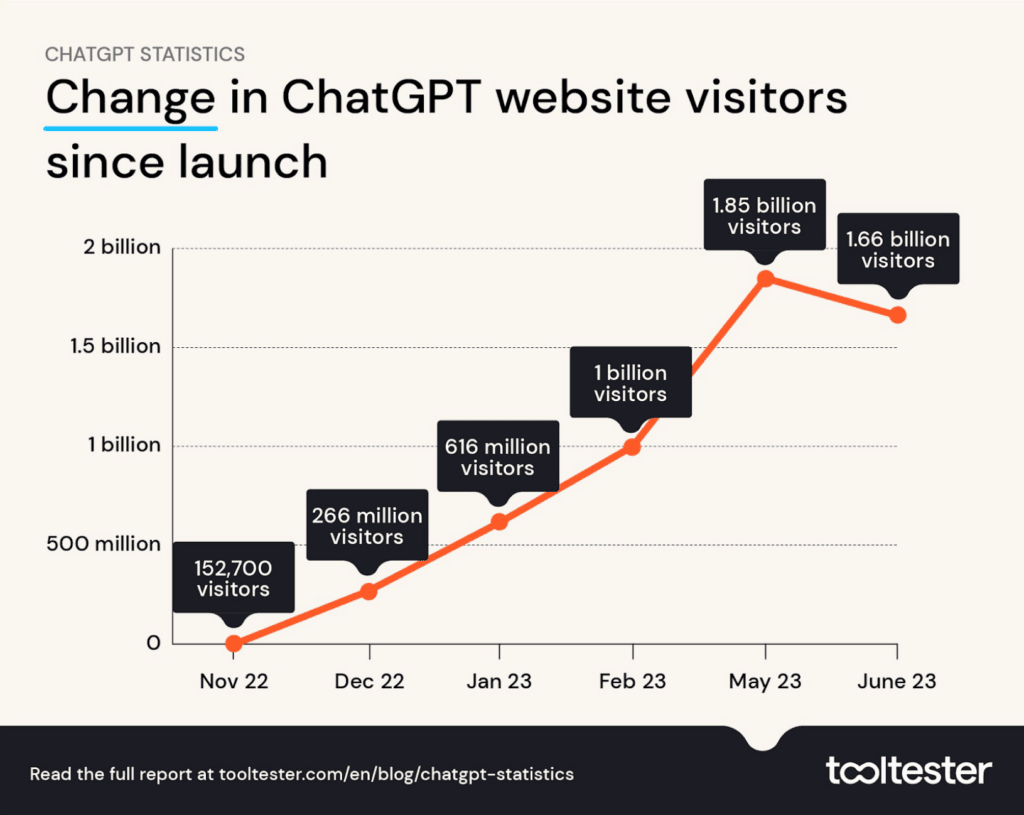Google Search AI: Data Usage And The Effectiveness Of Opt-Outs

Table of Contents
Data Sources Fueling Google Search AI
Google's AI-powered search engine relies on a vast amount of data to personalize your results and improve its algorithms. Understanding these data sources is the first step in managing your privacy.
Search History and User Activity
Google uses your search history – a comprehensive record of your queries – to personalize your search results. This includes not only the keywords you used but also the links you clicked, the time spent on each page, and even the device you used.
- This allows Google to understand your interests and tailor search results accordingly, providing more relevant and helpful information.
- This data is crucial for improving the AI's algorithms and understanding user intent, leading to a more refined and effective search experience for everyone.
- Understanding how your search history contributes to personalized results is key to managing your privacy and making informed choices about data sharing.
Location Data and Device Information
Beyond your search history, Google also utilizes your location data and device information to enhance its services. Your location, obtained through your IP address and potentially GPS, allows for location-based search results, such as finding nearby restaurants or stores. Your device information (operating system, browser type, etc.) helps Google understand how users interact with its search engine across various platforms.
- This allows for location-based search results and targeted advertising, which can be beneficial but also raises privacy concerns.
- Understanding how Google uses this information is crucial for making informed decisions about your privacy settings and controlling the level of personalization you receive.
- Learn how to control your location settings within your Google account to limit the data shared with Google Search AI.
Website Interaction and Cookies
Cookies and website usage data tracked by Google's services, such as Google Analytics, play a significant role in shaping the AI's understanding of user behavior. This data reveals how you interact with websites, providing valuable context for your search queries and allowing Google to better understand your interests and preferences.
- This data shows how you interact with websites, offering further context to refine search results and make them more relevant.
- Learn how to manage cookies and limit tracking from websites using your browser's privacy settings. Many browsers offer robust cookie management tools.
- This data significantly affects search result relevance and the overall user experience provided by Google Search AI.
Exploring Google's Opt-Out Options
Google provides several tools to manage the data it collects, allowing you to control the level of personalization and the extent to which your data is used to train its AI algorithms. However, understanding the limitations of these opt-out options is crucial.
My Activity and Web & App Activity
Google offers "My Activity" and "Web & App Activity" controls within your Google account. These tools allow you to review, manage, and delete your search history and other web and app activity data.
- Learn how to review and delete your search history to control the data Google uses for personalization.
- Understand the limitations of deleting your data; some data may still be used for system improvements in an anonymized form.
- Explore the differences between pausing and deleting your activity; pausing simply stops future data collection, while deleting removes past data.
Incognito Mode and Privacy Browsing
Using incognito mode or private browsing prevents your browsing history from being stored locally on your device. However, it's important to note that Google can still collect some data based on your IP address and other factors.
- It’s not a complete solution for preventing all data collection by Google Search AI.
- It mainly protects your browsing data from being visible on your specific device.
- Consider using a VPN for added privacy when using incognito mode, further masking your IP address.
Effectiveness of Opt-Outs: A Balanced Perspective
While opt-out features exist, their effectiveness in completely eliminating data collection is a complex issue. Google uses anonymized and aggregated data to improve its algorithms, even after you opt out of personalization.
- Data aggregation techniques obscure individual user data, protecting individual privacy while still allowing Google to improve its services.
- The benefits of personalization, such as more relevant search results, often outweigh privacy concerns for many users.
- Weigh the benefits of personalized search against your privacy concerns to make an informed decision about your data usage preferences.
Conclusion
Google Search AI relies heavily on user data to personalize results and enhance its algorithms. While Google provides tools to control data collection through options like "My Activity" and "Web & App Activity," the effectiveness of complete opt-outs is nuanced. Understanding how Google Search AI uses your data and the limitations of opting out is crucial for informed decision-making. By actively managing your privacy settings and weighing the trade-offs between personalized search and data privacy, you can better control your online experience. Take control of your data today – explore Google's data usage policies and utilize the available Google Search AI opt-out options to find the right balance for you.

Featured Posts
-
 September Showdown Canelos Size A Decisive Factor Against Crawford
May 04, 2025
September Showdown Canelos Size A Decisive Factor Against Crawford
May 04, 2025 -
 Lizzos Body Confidence A Daring Display At Her La Concert
May 04, 2025
Lizzos Body Confidence A Daring Display At Her La Concert
May 04, 2025 -
 Is Gold Heading For Consecutive Weekly Losses In 2025
May 04, 2025
Is Gold Heading For Consecutive Weekly Losses In 2025
May 04, 2025 -
 El Tonto Y Sus Errores Metodos Para Minimizar El Dano
May 04, 2025
El Tonto Y Sus Errores Metodos Para Minimizar El Dano
May 04, 2025 -
 Russell Westbrooks Game A Summary Of Fan Reactions Nuggets Vs Warriors
May 04, 2025
Russell Westbrooks Game A Summary Of Fan Reactions Nuggets Vs Warriors
May 04, 2025
